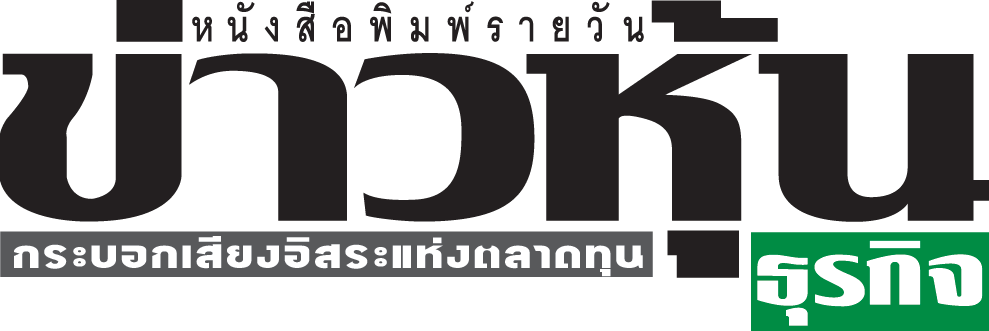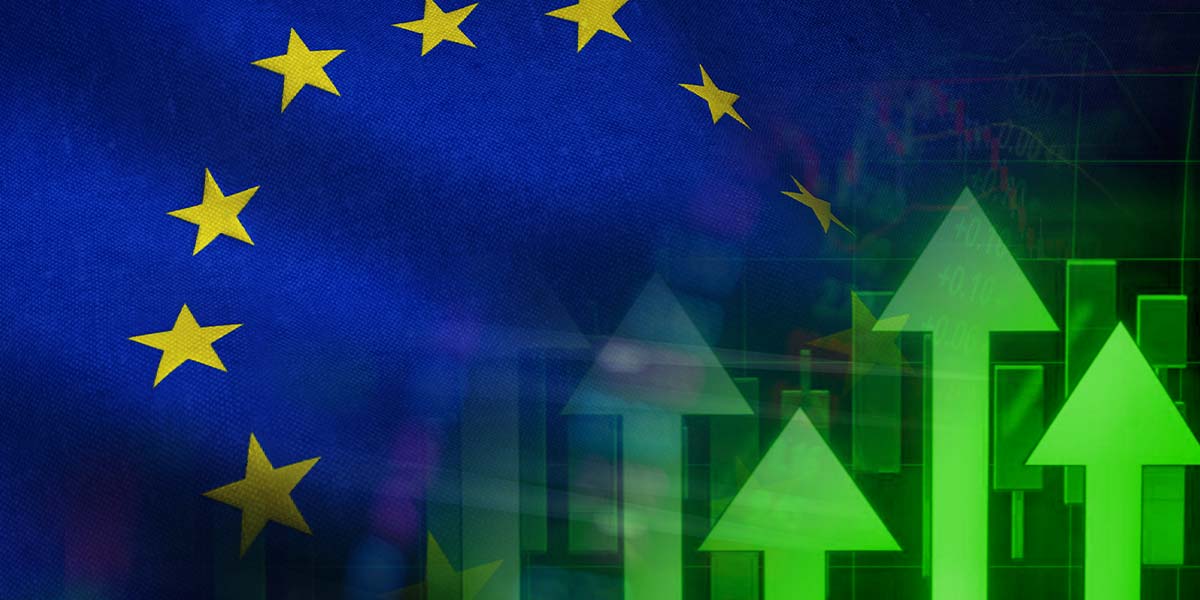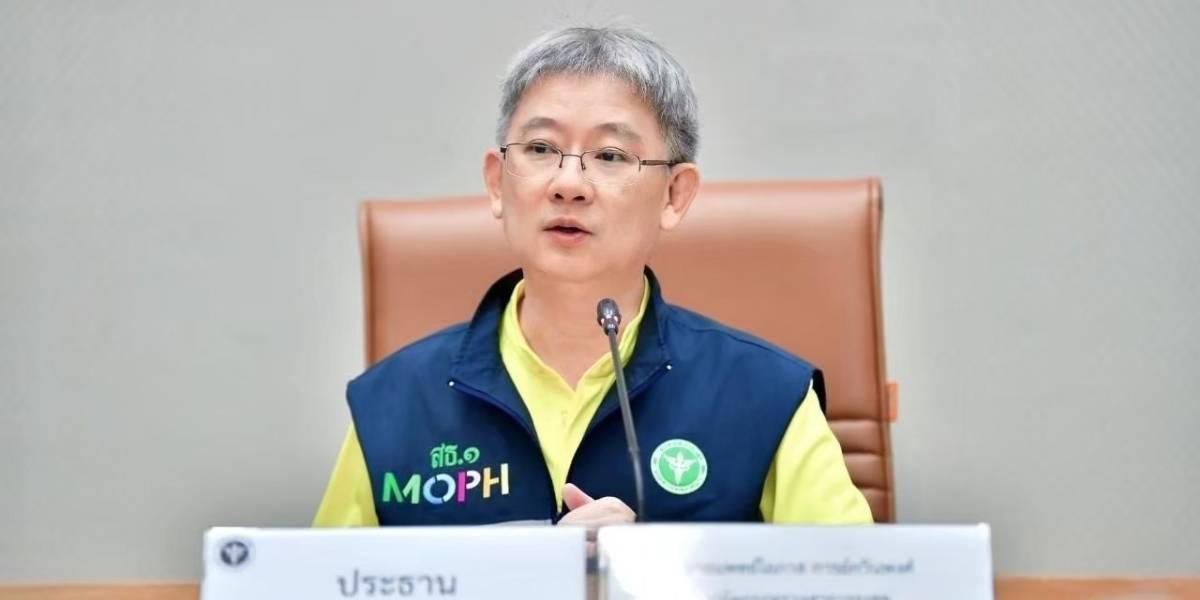
Asian’s Suffer the Heat! Pfizer-Moderna Vax Transport Will Struggle to Reach The Region
Asian countries may find difficulty in using Pfizer and Moderna's vaccine as the dose requires ultra-cold storage to maintain effectiveness.
A distribution of coronavirus vaccines may be more difficult than anticipated as vaccines developed by Pfizer and Moderna, which are more than 90% effective, require deep freezing to transport the doses.
According to the report made by Reuters, only 15% of air cargo association and drug shippers are ready to distribute Pfizer’s vaccine, which requires minus 70 degrees Celsius to maintain effectiveness of the dose. Meanwhile, 60% of transporters are ready for Moderna’s vaccines, which require only minus 20 degrees Celsius, should two drugs be approved by The United States Food and Drug Administration (FDA).
Pfizer is trying to make its vaccine, which requires a temperature colder than Antarctica, works by designing its own packaging to keep doses super cold with dry ice, making it easier to maintain its doses for a few weeks without specialized freezers.
While the vaccine may prove effective in Western countries, Asian countries with tropical heat may find it difficult to rely on Pfizer or Moderna’s vaccine due to the genetic material which requires ultra-cold storage.
Pfizer stated that the vaccine can be refrigerated for five days after thawing, while Moderna said its vaccine can last in the refrigerator for 30 days.
These requirements pose a particularly daunting challenge for countries with tropical heat, as it will be difficult to maintain the cold conditions during deliveries, especially in rural areas.
Pfizer is reportedly charging $20 per dose for its vaccine, while Moderna, in August, said its price would be between $32 and $37 per dose. However, questions remain over logistics, distribution, and costs.
Some countries such as Japan, Australia and China made a supply deal for the Pfizer/BioNTech vaccine, South Korea appeared to be wanting to wait and see how vaccination progressed in other countries first and would thoroughly review its supply chain.
As for the country succeeding in containing the virus, Vietnam said it would continue to focus on containment effort as demand is much higher than supply and the country requests for securing its position for the vaccine needs large deposit.
Vaccine hopes for countries in Asia might turn to big developers such as China or Russia, but that would be far in the future as neither vaccines are officially and globally approved. Though China’s vaccine candidates have not formally been proved safe or effective, officials have been injecting them into thousands of people across the country, ostensibly under an emergency-use policy.


